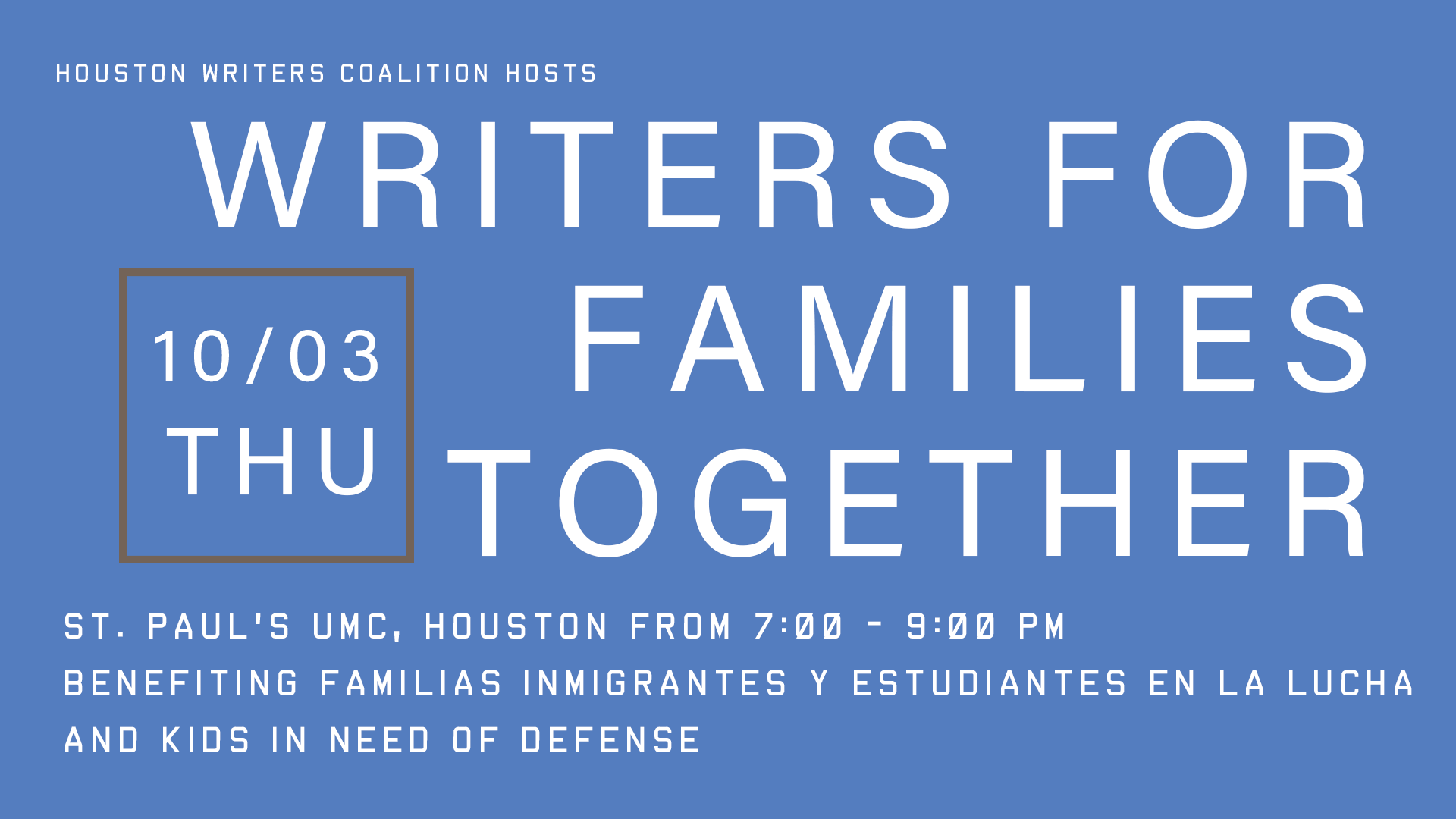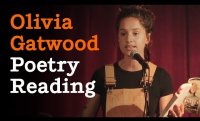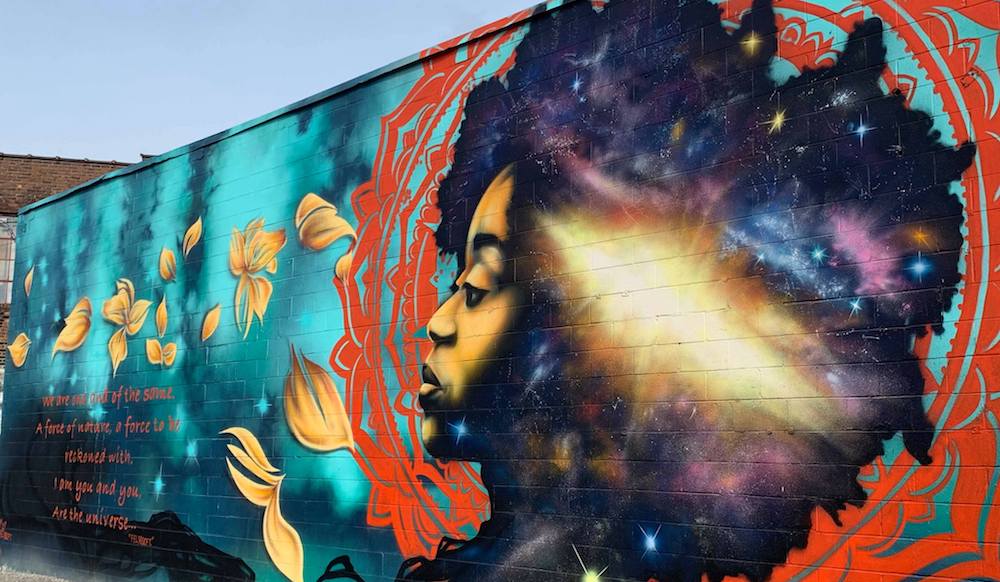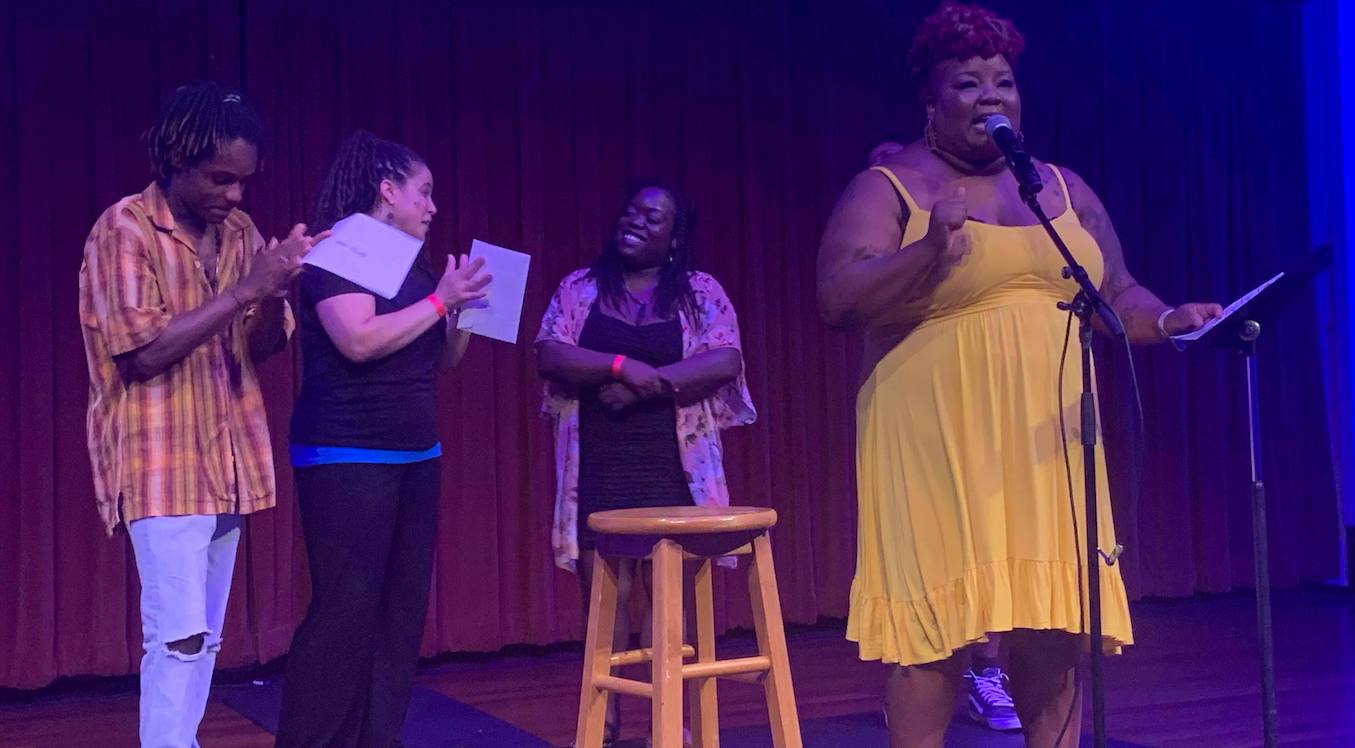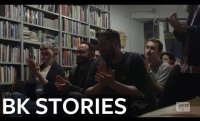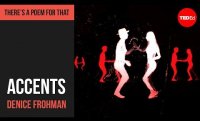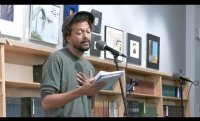Last week the National Book Foundation released the longlists for the 2019 National Book Awards. The awards are presented annually for the best books of poetry, fiction, nonfiction, translated literature, and young people’s literature published between December 1 of the previous year and November 30 of the current year. Ten semifinalists have been nominated in each award category; the finalists, who will each receive a $1,000 prize, will be revealed on October 8. The winning authors will each receive $10,000 and will be announced at an awards ceremony in New York City on November 20.
The semifinalists in poetry:
Dan Beachy-Quick for Variations on Dawn and Dusk (Omnidawn Publishing)
Jericho Brown for The Tradition (Copper Canyon Press)
Toi Derricotte for “I”: New and Selected Poems (University of Pittsburgh Press)
Camonghne Felix for Build Yourself a Boat (Haymarket Books)
Carmen Giménez Smith for Be Recorder (Graywolf Press)
Ilya Kaminsky for Deaf Republic (Graywolf Press)
Ariana Reines for A Sand Book (Tin House Books)
Mary Ruefle for Dunce (Wave Books)
Arthur Sze for Sight Lines (Copper Canyon Press)
Brian Teare for Doomstead Days (Nightboat Books)
The semifinalists in fiction:
Taffy Brodesser-Akner for Fleishman Is in Trouble (Random House)
Susan Choi for Trust Exercise (Henry Holt)
Kali Fajardo-Anstine for Sabrina & Corina: Stories (One World)
Marlon James for Black Leopard, Red Wolf (Riverhead Books)
Laila Lalami for The Other Americans (Pantheon Books)
Kimberly King Parsons for Black Light: Stories (Vintage)
Helen Phillips for The Need (Simon & Schuster)
Julia Phillips for Disappearing Earth (Knopf)
Ocean Vuong for On Earth We’re Briefly Gorgeous (Penguin Press)
Colson Whitehead for The Nickel Boys (Doubleday)
The semifinalists in nonfiction:
Hanif Abdurraqib for Go Ahead in the Rain: Notes to A Tribe Called Quest (University of Texas Press)
Sarah M. Broom for The Yellow House (Grove Press)
Tressie McMillan Cottom for Thick: And Other Essays (New Press)
Carolyn Forché for What You Have Heard Is True: A Memoir of Witness and Resistance (Penguin Press)
Greg Grandin for The End of the Myth: From the Frontier to the Border Wall in the Mind of America (Metropolitan Books)
Patrick Radden Keefe for Say Nothing: A True Story of Murder and Memory in Northern Ireland (Doubleday)
Iliana Regan for Burn the Place: A Memoir (Agate Midway)
Keeanga-Yamahtta Taylor for Race for Profit: How Banks and the Real Estate Industry Undermined Black Homeownership (University of North Carolina Press)
David Treuer for The Heartbeat of Wounded Knee: Native America from 1890 to the Present (Riverhead Books)
Albert Woodfox with Leslie George for Solitary (Grove Press)
The semifinalists in translated literature:
Naja Marie Aidt for When Death Takes Something From You Give It Back: Carl’s Book translated by Denise Newman (Coffee House Press)
Eliane Brum for The Collector of Leftover Souls: Field Notes on Brazil’s Everyday Insurrections translated by Diane Grosklaus Whitty (Graywolf Press)
Nona Fernández for Space Invaders translated by Natasha Wimmer (Graywolf Press)
Vigdis Hjorth for Will and Testament translated by Charlotte Barslund (Verso Fiction)
Khaled Khalifa for Death Is Hard Work translated by Leri Price (Farrar, Straus & Giroux)
László Krasznahorkai for Baron Wenckheim’s Homecoming translated by Ottilie Mulzet (New Directions)
Scholastique Mukasonga for The Barefoot Woman translated by Jordan Stump (Archipelago Books)
Yoko Ogawa for The Memory Police translated by Stephen Snyder (Pantheon Books)
Pajtim Statovci for Crossing translated by David Hackston (Pantheon Books)
Olga Tokarczuk for Drive Your Plow Over the Bones of the Dead translated by Antonia Lloyd-Jones (Riverhead Books)
The semifinalists in young people’s literature:
Kwame Alexander and Kadir Nelson for The Undefeated (Versify)
Laurie Halse Anderson for Shout (Viking Books for Young Readers)
Akwaeke Emezi for Pet (Make Me a World)
Cynthia Kadohata for A Place to Belong (Caitlyn Dlouhy Books)
Jason Reynolds for Look Both Ways: A Tale Told in Ten Blocks (Atheneum)
Randy Ribay for Patron Saints of Nothing (Kokila)
Laura Ruby for Thirteen Doorways, Wolves Behind Them All (Balzer + Bray)
Martin W. Sandler for 1919: The Year That Changed America (Bloomsbury Children’s Books)
Hal Schrieve for Out of Salem (Triangle Square)
Colleen AF Venable and Ellen T. Crenshaw for Kiss Number 8 (First Second Books)






